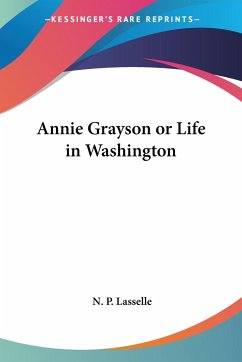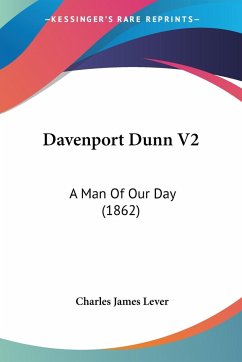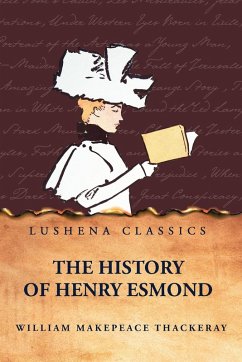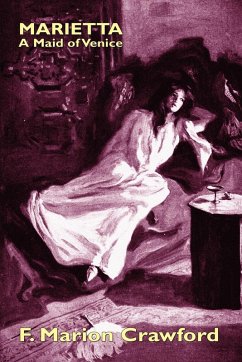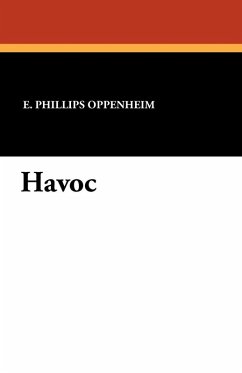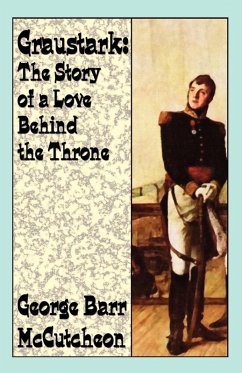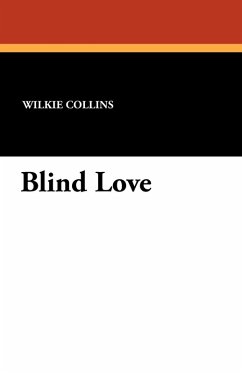
Blind Love
Versandkostenfrei!
Versandfertig in 1-2 Wochen
26,99 €
inkl. MwSt.

PAYBACK Punkte
13 °P sammeln!
Blind Love is Wilkie Collins' final novel, completed by author Walter Besant after Collins' death. This gripping tale weaves romance, deception, and political intrigue, centering around Iris Henley, who falls in love with Lord Harry Norland, a reckless Irish nobleman involved in a dangerous political conspiracy. As Iris becomes entangled in his treacherous schemes, she must navigate love, loyalty, and moral dilemmas in a story of passion and betrayal. Blind Love showcases Collins' hallmark suspense and exploration of human motives. William Wilkie Collins (1824-1889) was an English novelist and...
Blind Love is Wilkie Collins' final novel, completed by author Walter Besant after Collins' death. This gripping tale weaves romance, deception, and political intrigue, centering around Iris Henley, who falls in love with Lord Harry Norland, a reckless Irish nobleman involved in a dangerous political conspiracy. As Iris becomes entangled in his treacherous schemes, she must navigate love, loyalty, and moral dilemmas in a story of passion and betrayal. Blind Love showcases Collins' hallmark suspense and exploration of human motives. William Wilkie Collins (1824-1889) was an English novelist and playwright, best known for The Woman in White and The Moonstone. Blind Love is Wilkie Collins's last novel, finished after his death by Walter Besant. The novel charts the moral decline of the central male character.




